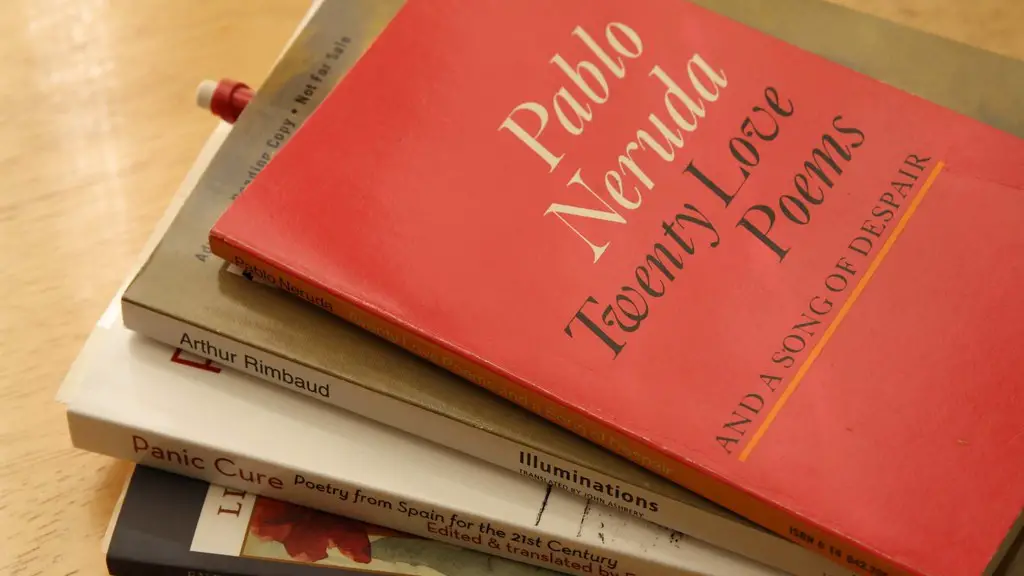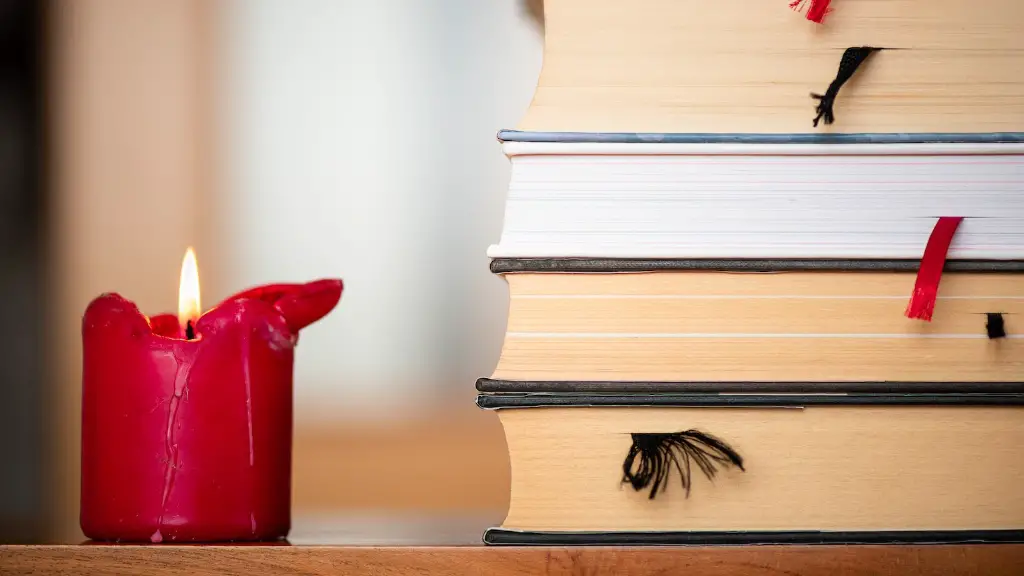Introduction: Walt Whitman (1819-1892) is considered one of the greatest American poets of all time. He was a prolific writer who was, among other things, an enthusiastic supporter of the Union during the American Civil War. He provided encouragement and supplies to the Union soldiers, and wrote several inspiring and uplifting poems that were meant to motivate and bolster their morale. The following article provides an overview of how Walt Whitman helped soldiers in the American Civil War.
Walt Whitman’s Relationship With The Union Army: Whitman had been a reporter for several newspapers in Brooklyn and Long Island when the American Civil War broke out in 1861. In 1862, he was moved by crisis of the war, and made his way to the Union camp where he volunteered his services as a nurse to a wounded soldier. Between 1862 and 1865, Whitman visited the Union troops in 61 hospitals and wrote articles of his own in which he tried to boost their morale. He also published several inspiring poems such as ‘Beat! Beat! Drums!’ and ‘O Captain! My Captain!’.
Support to the Union Army: In addition to inspiring the Union soldiers with his words, Whitman also provided them with tangible support. He used his own funds to send food and supplies to the camps and hospitals, and was even known to give money to the soldiers out of his own pocket. He also welcomed them into his home and sometimes offered them a place to stay for the night. Furthermore, Whitman wrote letters for the soldiers who couldn’t write and even helped them in locating their families.
Writing For The Union Soldiers: Throughout the Civil War, Whitman wrote various pieces of work for the Union troops. One of his most famous works from this period is the “Drum-Taps” poem, a collection of inspirational war poems. He wrote poems such as ‘Come Up From the Fields Father’ and ‘Reconciliation’ that were meant to comfort the grieving families who had lost loved ones to the war. He also wrote columns in the “Brooklyn Eagle” and “The New York Times” newspapers to motivate public opinion in favor of the Union cause.
Impact of Whitman’s Work on Union Troops: Whitman’s influence on the Union troops was far from insignificant. His poems, letters and visits had a significant impact on the morale of the soldiers. They were truly grateful for the support and encouragement he provided them during such a difficult time. His pieces of work became part of the soldiers’ daily rituals and would read them aloud during their drills and marches. This was testament to the fact that Whitman was able to move them with his words and spark hope and courage.
Writing with Warriors
The Bond Between Whitman and Soldiers:The bond between Whitman and the soldiers went both ways. Many of the poems he wrote were inspired by the real-life stories of the soldiers he interacted with, while some of his works were even dedicated to the soldiers who passed away during the conflict. This reinforced his brotherly connection with them – one in which Whitman tried to comfort and soothe the emotional pain of his ‘brothers’. For example, the “Drum-Taps” poem was an expression of remorse for the Union soldiers who had died in the war.
The Legacy of Walt Whitman: Whitman was ultimately successful in his mission to boost the morale of the Union soldiers. His pieces of work were among the few literature that reflected positively on the Union’s cause in the war. Though most of his works were not immediately popular when they were published, his impact on his “brothers” in the Civil War was profound, and his legacy has been remembered ever since. Many contemporary poets cite him as an influence and his work remains timeless.
Honoring the Cause
A Push For the Union Cause and Social Change: Whitman’s works during the Civil War period were not just poems, but also a push for the Union cause and broader ideals of social justice. His works sought to elevate public opinion in favor of the Union cause, as well as call attention to the plight of the Union soldier and bring attention to issues such as slavery. For example, his poem ‘A Sight in Camp in the Daybreak Grey and Dim’ served as a critique on the harsh conditions that the soldiers were subjected to.
Emotional Support for The Union Soldiers: Whitman’s writings served as a form of emotional support for many Union soldiers. His works appealed to their sense of patriotism and pride in the Union’s cause, and provided a sense of solace and comfort when they needed it the most. For example, his poem ‘O Captain! My Captain!’ was a tribute to President Abraham Lincoln and sought to convey the sorrow of the nation for the loss of its leader.
The Visionary
An Inspiration For Intellectual Freedom: Whitman’s writings not only provided emotional support to the Union soldiers, but they also offered a vision of personal and intellectual freedom. His works sought to break free of traditional conventions and celebrate individuality, courage and self-expression. For example, his poem ‘Song of Myself’ was an ode to individual freedom, while his poem ‘Crossing Brooklyn Ferry’ was a tribute to the power of nature.
Modern Philosophy of Poetry: Whitman’s works were also an important part of the modern philosophy of poetry. His works were a mix of traditional poetic elements such as rhyme and meter, as well as modern themes of freedom and individuality. His work helped to redefine what constituted a “proper” poem, and served to inspire and encourage generations of modern poets.
Literary Reflection
Preserving the Civil War Memory: Whitman’s writings were instrumental in preserving the memory of the Civil War, since he was one of the few people who actively kept records of his experiences during the conflict. His works offered a firsthand account of the events of the war, and helped to ensure that their memory would not be forgotten.
Documentary of Disconnect and Rediscovery:Finally, Whitman’s writings served as a kind of documentary of disconnect and rediscovery. The poems he composed during the war sought to convey the emotions he felt during his time with the Union troops. Through his poems, Whitman sought to document the experience of his “brothers” while inspiring them to keep fighting for the cause he truly believed in.
Conclusion
Walt Whitman has left an everlasting legacy with his inspirational works from the civil war period. He provided support and moral encouragement to the Union soldiers which made a significant difference to the outcome of the war. His works have been remembered for their moving portrayal of the disconnect and rediscovery that the war brought about, and their timeless themes of patriotism, hope and courage. To this day, Whitman’s works remain an important part of the American cultural narrative.



